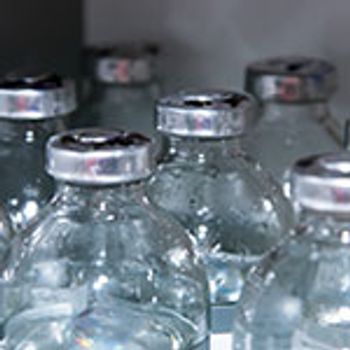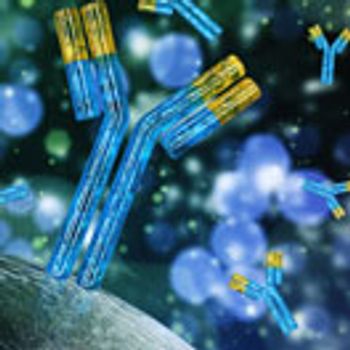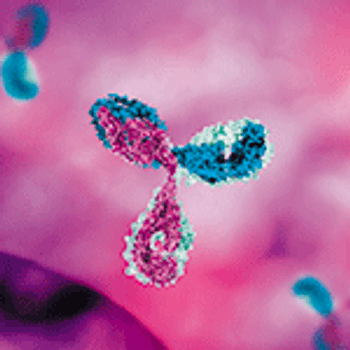
The acquisition will boost Hitachi Chemical’s presence in the European regenerative medicines market.

The acquisition will boost Hitachi Chemical’s presence in the European regenerative medicines market.

Janssen and MeiraGTx will collaborate on the development and commercialization of gene therapies for treating inherited retinal diseases.

Suppliers address the complexity of supplying disposable components for single-use systems to the global biopharmaceutical manufacturing industry.

Single-use components for biopharmaceutical manufacturing have a lower environmental impact than reusable components, but disposal is still a consideration.

Kimberly-Clark Professional’s Kimtech A5 Sterile Boot Covers with Clean-Don Ties and Vinyl Edge provide reliable sterile protection for ISO Class 5 or higher cleanrooms.

To ensure the sterility of parenteral biopharmaceutical products, it is necessary to employ certain tools, technologies, and standard operating procedures.

Most extractable and leachable (E&L) studies are based on liquid formulations. This article examines options for E&L studies to evaluate leaching from primary packaging into lyophilized drugs.

Parker Bioscience Filtration added a cleanroom at its site in Birtley, UK for manufacturing single-use assemblies and sensors used in biopharmaceutical processing.

TC BioPharm (TCB), developer of CAR-T immuno-oncology products, has completed its first allogenic Gamma Delta T (GDT) cell banks.

Full commercial launch of the drug is underway in the United States, with Europe to follow.

G-CON will provide a complete cleanroom infrastructure for GE Healthcare’s cell therapy and viral vector production platforms that will simplify early-stage manufacturing efforts.

MilliporeSigma’s use of modified amino acids can simplify the fed-batch process in biomanufacturing.

Univercells, a business-to-business provider focused on biologics, has commercially launched its proprietary bioproduction system, NevoLine.

The agreement gives Sanofi access to Biomunex’s proprietary bi- and multi-specific-antibody-generating platform.

The company is set to expand biologics and fill/finish capacity at its biologics manufacturing sites in Madison, WI, and Bloomington, IN.

The companies will collaborate to improve the manufacturability for two of Sanofi’s biotherapeutics.

Orphan and cancer drugs continue to lead, but treatments for many common diseases were also approved in 2018.

Agenus will leverage Selexis’ SUREtechnology Platform to progress Agenus’ portfolio of next-generation antibody programs.

Fujifilm increases capacity of its Bio-CDMO business with an expansion of production in North Carolina.

The new reagents are designed to support clinical-phase and commercialization stages of cell and gene therapy production and to enhance DNA transfection.

For rapid scale-up of biomanufacturing under expedited review status, facility design must better integrate product development and manufacturing lifecycle activities.

Compensation and professional challenges are key pieces to solving the biopharma employee satisfaction puzzle.

Bio/pharma companies are successfully launching novel therapies; however, the industry still needs to work on manufacturing innovation.

Kinetic models can be used to study aggregation and fragmentation to help ensure stability.

New ligands are being developed to meet the separation and purification needs of next-gen biologics.